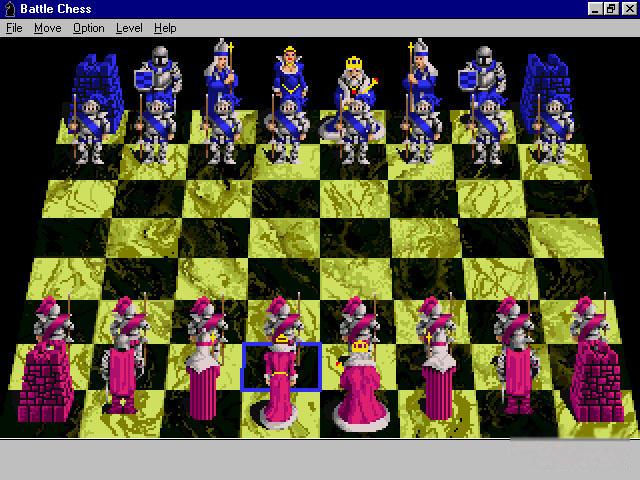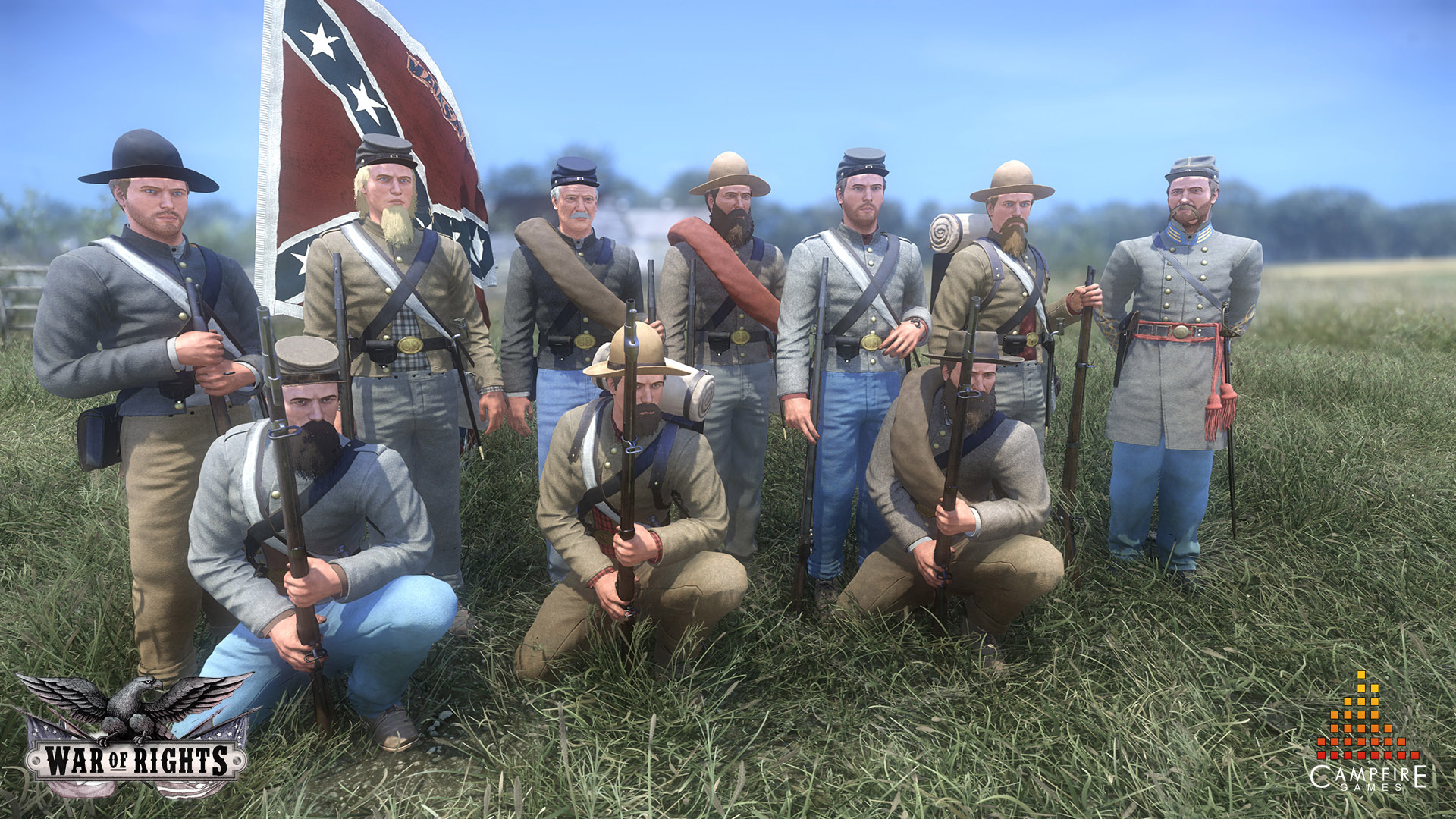

In order to be able to run War of Rights at a minimum standard for the game, you will need more than 4 GB RAM.
War of rights game Pc#
If you were wondering "Can I run War of Rights on my PC?", we will help you to get the answer.įurther on, we will explain what are the minimum and recommended PC gaming system requirements ( otherwise known as sys req ) for War of Rights It falls under the following genre categories :

To support the Guardian and the Observer buy a copy at of Rights thumbnail provided by publisher The War of Nerves: Inside the Cold War Mind is published by Profile (£25). Nuclear-armed missiles are still pointed at our cities and, chillingly, our lives still depend “on the quirks, paranoias and anxieties of the men and women who lead us”. Importantly, Sixsmith reminds us that we continue to live with the emotional trauma of the cold war, and today’s decision-makers are no better at examining their psychological assumptions than yesterday’s leaders. As well as many illuminating anecdotes from his time as a journalist in Russia, a country about which he clearly cares deeply, his book is filled with fascinating insights into the psychology of one of the most dangerous periods in world history. Nevertheless, this is a study that repays detailed reading. After watching the Soviet version of James Bond, The Shield and the Sword, the 16-year-old Vladimir Putin went straight from the cinema to volunteer for the KGB.Īt more than 500 pages, this is a weighty book, and one in which Sixsmith’s voice is sometimes lost beneath the research (for which he credits his son, Daniel). As Sixsmith shows, literature, art, music and cinema all became pawns in this psychological battle fought by the secret services. Ostensibly the cold war was a clash of ideologies and political systems, but in reality the battleground was the human mind: “The aim was control not just of territory, resources and power, but of loyalties, belief and the nature of reality.” Psychology was as much a weapon in the cold war as nuclear bombs, deployed by both sides against their own and their opponent’s citizens. From 1980 to 1997, he worked in both Washington and Moscow as a correspondent: “In the USA I found fear, mistrust and hatred of the Soviet enemy … In the USSR I saw the same things in reverse, but with an added dimension of envy and sneaking admiration.” He recalls how he and his classmates stayed at a Moscow hotel: “To our great delight, we were woken in the night by phone calls from sultry-voiced ladies proposing things more interesting than a history lesson.” He studied Russian at university and visited the country regularly: “Russia became a part of my life.”Īfter a failed approach from MI6, Sixsmith joined the BBC. Sixsmith first visited the Soviet Union on a trip organised by his school in 1969. And in an age of nuclear brinkmanship, a misunderstanding could mean the difference between life and death: “The inherent flaw of brinkmanship is to assume that each side agrees where the brink is.” The war of nerves – “the continuous testing of the other side’s resolve by non-violent means” – had created a gulf of incomprehension. When Khrushchev and Vice-President Richard Nixon argued the merits of their respective systems at the American Exhibition in Moscow in 1959 (“one of the most extraordinary interactions of the cold war”), the Soviet leader angrily exclaimed: “You know absolutely nothing about communism, except for fear!” The truth was that neither side truly understood the other. Beginning at the end of the second world war, he probes the personalities of world leaders and diplomats, as well as the impact of the propaganda war – from disinformation to “ psyops” – on ordinary people: “Lies and fake news became as powerful as the truth.” Sixsmith’s ambitious study of the cold war explores the psychology of the era of mutually assured destruction, when military leaders and statesmen prepared for a global nuclear war in which tens of millions of people would die. According to Martin Sixsmith, “at crucial moments of potential conflagration, it has more than once been unpredictable, emotion-driven human reflexes that have saved the world”. Petrov’s scepticism was right: the system had misinterpreted glare from the sun for missile launches. There’s no telling what it might think is a launch.” First of all, why would the US launch a rocket attack from a single base? They’d fire from everywhere. And yet still he hesitated before picking up the hotline to the Kremlin: “For two or three minutes, I didn’t analyse anything. They confirmed that a single base had indeed launched its missiles. Instead Petrov went through 30 levels of additional checks on the data. Sign up to our Inside Saturday newsletter for an exclusive behind-the-scenes look at the making of the magazine’s biggest features, as well as a curated list of our weekly highlights


 0 kommentar(er)
0 kommentar(er)
